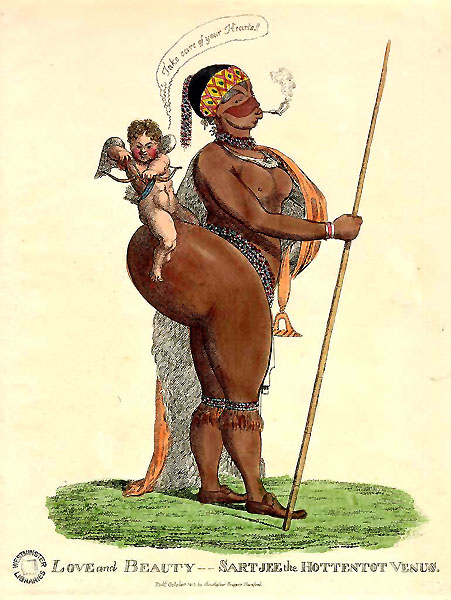Miniatures of a Zen Master
is solely a reflection of my own delusion and ignorance.
Any merit generated by this activity is solely the result of
Aitken Roshi's clear teaching and is dedicated to
all Buddhas and Bodhisattvas throughout space and time


"With this a train of karma got fired up, and it's still tooting along."My turning point was when I was convinced by the changes I saw in my friend Richard Ibey, to follow him and encounter EST. This fired up my "train of karma... and it's still tooting along".
In 1936, Ernest Hemingway wrote in The Green Hills of Africa that "The good writers are Henry James, Stephen Crane, and Mark Twain. That's not the order they're good in. There is no order for good writers."We have run into a string of miniatures about history and writing. And why not? Aitken is a writer and quite interested in history.
Life and death interpenetrate. In fact, what people call "life" is just generally their own little lives and "death" is the end of that. But death is something that life does and death renews and refreshes life. Life and death are not opposed to each other. So when the bodymind dies, it just dies. Now the bodymind is alive. Can you just live? I mean, since you're alive anyway, why not take advantage of the fact by giving up trying to get anything out of it and just sit up straight and just live? "This is as it is not because you make it so, but because the Dharma is thus."
-Ven. Anzan Hoshin roshi, continuing teisho 3 "The Body of the Buddha" from the series, "Seeing Eye to Eye: Commentaries on Eihei Dogen zenji's Yuibutsu Yobutsu," Tuesday, May 18th, 2004.

In this miniature Aitken, in a seven sentence paragraph, lays out an intimate scene between him and Yamada Roshi. In what feels linguistically contrived word play, we move from the "lanai of Koko An" watching a "little bird flitting around the Climbing Fig" to the successfully introduction in the 1920's of the mejiro from "Japan to Hawai'i". Yamada display of a bit of uncertainty about all this.
This all seems a fancy and over written. It takes more words to describe this and Aitken took to write it. Maybe this is my own confusion and lack of skill at writing. In such a short paragraph he has set a specific scene with two characters (three if you count the mejiro). The place is familiar to him but a bit confusing to me as he uses one term that is unfamiliar – lanai. This seems the danger of fancy writing. Turns out that lanai refers both to an island in the Hawaiian chain of islands and also a veranda.
This brings up the question for me as to what exactly Aitken means by a "miniature"? So far this collection of miniatures have been a mix of subtle and not so subtle teachings, family snapshots, history lessons and now with this one we get a bit of a writing lesson.
Something a bit different is going on for sure. Have I missed it?
 James Krenov, a legendary woodworker, author, and founder of the College of the Redwoods Fine Furniture Program in Fort Bragg, Calif, died September 9, 2009 at the age of 89.
James Krenov, a legendary woodworker, author, and founder of the College of the Redwoods Fine Furniture Program in Fort Bragg, Calif, died September 9, 2009 at the age of 89.| From WoodenZen |
| From WoodenZen |
This his how Roy Peter Clark from the Poynter Institute starts his podcast "Roy's Writing Tool #46". This advice can be taken up in most every field whether that field is Zen or woodworking.
"Take an interest in all crafts that support your writing. To do your best, help others do their best." Roy Peter Clark
